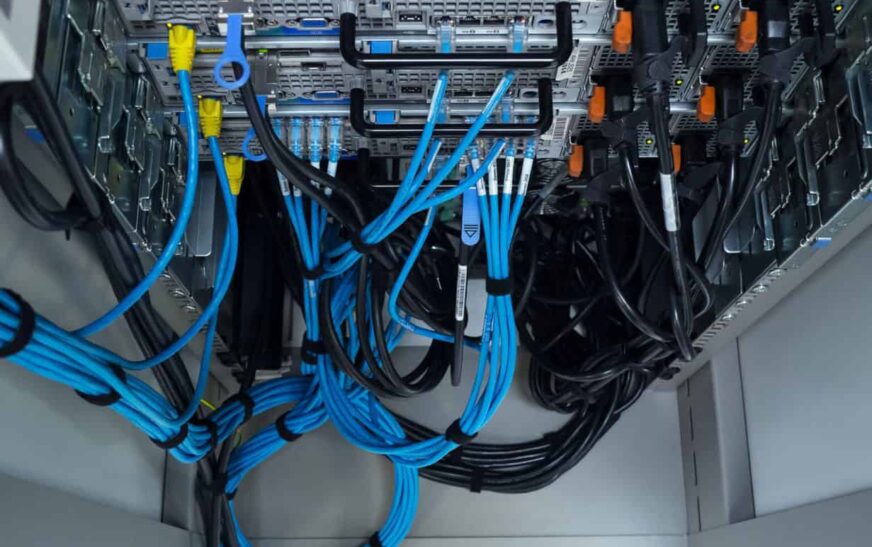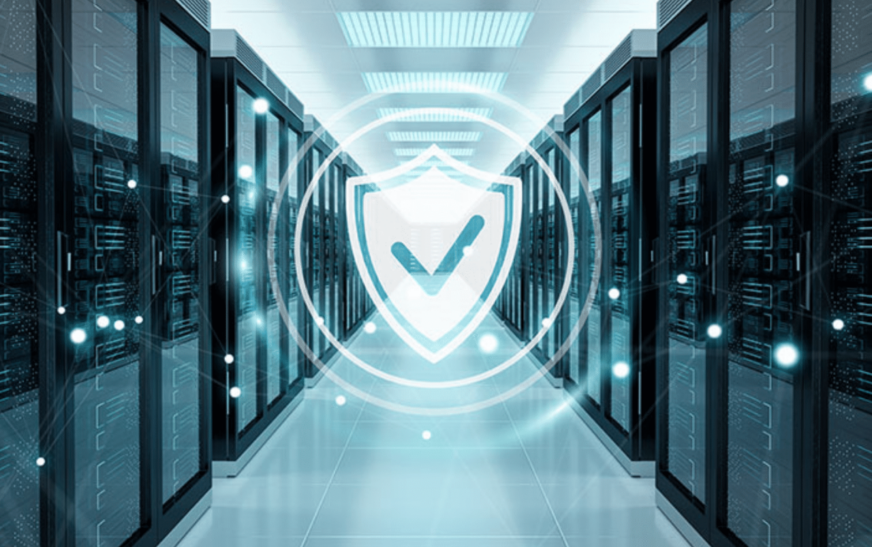Starting with Essential Tips for Server Security in 2024, this guide is your key to protecting your servers from cyber threats and ensuring a secure digital environment for your data. Stay ahead of the curve with these crucial insights and best practices.
Importance of Server Security
In 2024, the importance of server security cannot be overstated. As technology advances, so do the capabilities of cybercriminals to breach servers and access sensitive data. Ensuring robust server security measures is crucial to protect not only the data but also the reputation and operations of businesses and organizations.
Potential Risks of Inadequate Server Security
- Unauthorized access to sensitive data: Inadequate server security can lead to unauthorized individuals gaining access to confidential information, such as customer data, financial records, or intellectual property.
- Data breaches and leaks: Without proper security measures, servers are vulnerable to cyber attacks that can result in data breaches and leaks, causing significant financial and reputational damage.
- Disruption of services: Cyber attacks on servers can disrupt services, leading to downtime, loss of productivity, and potential financial losses for businesses.
Examples of Recent Cyber Attacks
- The SolarWinds cyber attack in 2020 compromised the software supply chain, leading to unauthorized access to several government and private organizations’ networks.
- The Colonial Pipeline ransomware attack in 2021 disrupted fuel supply across the East Coast of the United States, highlighting the critical infrastructure’s vulnerability to cyber threats.
- The Microsoft Exchange Server vulnerabilities exploited by cybercriminals in 2021 resulted in data breaches and unauthorized access to sensitive information.
Best Practices for Server Security
In order to ensure the security of servers in 2024, it is crucial to follow key best practices that are designed to protect sensitive data and prevent unauthorized access.Defense-in-Depth Approach:
Defense-in-Depth Concept
The defense-in-depth strategy involves implementing multiple layers of security measures to protect servers from various types of cyber threats. This approach recognizes that no single security measure is foolproof and emphasizes the importance of having redundant safeguards in place.Implementing Strong Access Controls:
Strong Access Controls and Authentication
- Utilize multi-factor authentication to add an extra layer of security beyond just passwords.
- Regularly review and update user permissions to ensure that only authorized individuals have access to sensitive data.
- Monitor user activity and set up alerts for any suspicious behavior that may indicate a security breach.
Regular Software Updates and Patch Management:
Importance of Software Updates, Essential Tips for Server Security in 2024
- Regularly install software updates and security patches to address vulnerabilities that could be exploited by cyber attackers.
- Automate the patch management process to ensure that all servers are up to date with the latest security fixes.
- Conduct regular vulnerability scans to identify any gaps in security that need to be addressed promptly.
By following these best practices for server security, organizations can significantly reduce the risk of data breaches and cyber attacks, ensuring the confidentiality, integrity, and availability of their critical information.
Creating engaging blog posts is a skill that can be mastered with the right digital tools. Find out how you can use these tools to captivate your audience and keep them coming back for more in this article on How to Use Digital Tools to Create Engaging Blog Posts.
Emerging Trends in Server Security: Essential Tips For Server Security In 2024

In the rapidly evolving landscape of server security, staying ahead of emerging trends is crucial to safeguarding sensitive data and protecting against cyber threats.
Enhancing your content creation process with digital tools can take your work to the next level. Learn how to leverage these tools effectively by reading How to Use Digital Tools to Enhance Your Content Creation and unlock your creativity like never before.
Impact of AI and Machine Learning
AI and machine learning technologies are revolutionizing server security by enabling real-time threat detection, automated response mechanisms, and predictive analysis. These technologies can identify patterns and anomalies in network traffic, proactively detect potential security breaches, and adapt to evolving cyber threats.
By leveraging AI and machine learning, organizations can enhance their defense mechanisms and mitigate risks more effectively.
When it comes to creating online courses, having the right digital tools is essential for success. Check out this article on The Best Digital Tools for Creating Online Courses to discover the top tools that can help you develop engaging and interactive courses.
Role of Automation in Server Security
Automation plays a pivotal role in improving server security measures by streamlining routine tasks, reducing human error, and enabling faster response times to security incidents. Automated tools can continuously monitor system activity, enforce security policies, and apply patches and updates promptly.
This proactive approach to security management helps organizations strengthen their defenses and minimize vulnerabilities in their server infrastructure.
Data Encryption and Compliance
In today’s digital age, data encryption plays a crucial role in ensuring server security. By encrypting data, you can protect sensitive information from unauthorized access and cyber threats.
Significance of Data Encryption
- Data encryption transforms data into a coded format, making it unreadable to anyone without the proper decryption key.
- It adds an extra layer of security, especially when data is in transit or stored on servers.
- Encrypting data helps organizations comply with data protection regulations and maintain customer trust.
Compliance Regulations and Implications
- Regulations like GDPR (General Data Protection Regulation) require organizations to implement strong data encryption measures to protect personal data.
- Non-compliance with these regulations can result in hefty fines and damage to the organization’s reputation.
- Ensuring compliance with data protection laws is essential for maintaining a secure server environment.
Tips for Ensuring Data Privacy and Compliance
- Regularly update encryption protocols and algorithms to keep up with evolving threats and compliance requirements.
- Implement access controls to restrict data access to authorized personnel only.
- Conduct regular security audits and assessments to identify vulnerabilities and ensure compliance with regulations.
- Educate employees about the importance of data encryption and compliance to foster a culture of security within the organization.
Conclusion
In conclusion, implementing these essential tips for server security in 2024 will fortify your defenses and keep your data safe from evolving cyber threats. Stay proactive, stay informed, and stay secure in this rapidly changing digital landscape.






